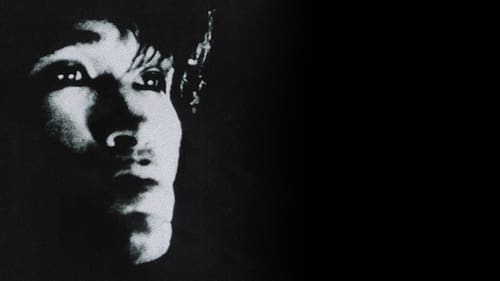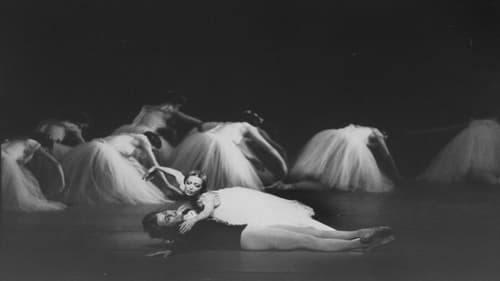Natalia Makarova
출생 : 1940-11-21, Leningrad, USSR [now St. Petersburg, Russia]
약력
Natalia Romanovna Makarova (Russian: Ната́лия Рома́новна Мака́рова, born 21 November 1940) is a Russian prima ballerina and choreographer. The History of Dance, published in 1981, notes that "her performances set standards of artistry and aristocracy of dance which mark her as the finest ballerina of her generation in the West."
Makarova was born in Leningrad in the Russian SFSR of the Soviet Union. At the age of 12, she auditioned for the Leningrad Choreographic School (formerly the Imperial Ballet School), and was accepted although most students join the school at the age of 9.
Makarova was a permanent member of the Kirov Ballet in Leningrad from 1956 to 1970, achieving prima ballerina status during the 1960s. She defected to the West on 4 September 1970, while on tour with the Kirov in London. Soon after defecting, Makarova began performing with the American Ballet Theatre in New York City and the Royal Ballet in London.
When she first arrived in the West, Makarova was eager to expand her choreography by dancing ballets by modern choreographers. At the same time, she remained most identified with classical roles such as Odette/Odile in Swan Lake and Giselle. In December 1975, she and her dance partner Mikhail Baryshnikov featured prominently in an episode of the BBC television series Arena. She was featured in the 1976 live American Ballet Theatre production of Swan Lake, simulcast from Lincoln Center on both PBS and NPR. When ABT artistic director Lucia Chase stepped down, both Makarova and Baryshnikov applied. After the company went with Baryshnikov, she left for the Royal Ballet of London.
Makarova continued to excel in many different roles, most notably, her title role in Giselle. In 1989, she returned to her home theatre of the Kirov Ballet and was reunited with her family and with former colleagues and teachers. Her emotional homecoming was documented in the film Makarova Returns, which she wrote as well as presented. After her performance at the Kirov, she retired from dancing, donating her shoes and costumes to the Kirov Museum. Today Makarova stages ballets such as Swan Lake, La Bayadère and Sleeping Beauty for companies across the world. She retired from dancing due to accumulating injuries, especially to her knees. Makarova won a Tony Award, as well as numerous other stage awards for her performances in Broadway revival of On Your Toes. She played Lydia Lopokova (Lady Keynes) in Wooing in Absence, compiled by Patrick Garland. It was first performed at Charleston Farmhouse and then at the Tate Britain.
Makarova has been married three times. Once to another ballet dancer and once to director Leonid Kvinikhidze. In 1976, Makarova married industrialist Edward Karkar, and together they had a son, Andrei. Karkar died 22 December 2013, at the age of 81. Janet Sassoon said about Makarova: "When I began teaching in San Francisco, through Madam Bali, I got to work with all these great Russian first dancers when they were there. So I got Natalia (Natasha) Makarova, a Prima Ballerina Assoluta. There was only one Prima Ballerina Assoluta up until the time she danced. And here I had her in my hands for five months after the birth of her child!"
Source: Article "Natalia Makarova" from Wikipedia in English, licensed under CC-BY-SA 3.0.







